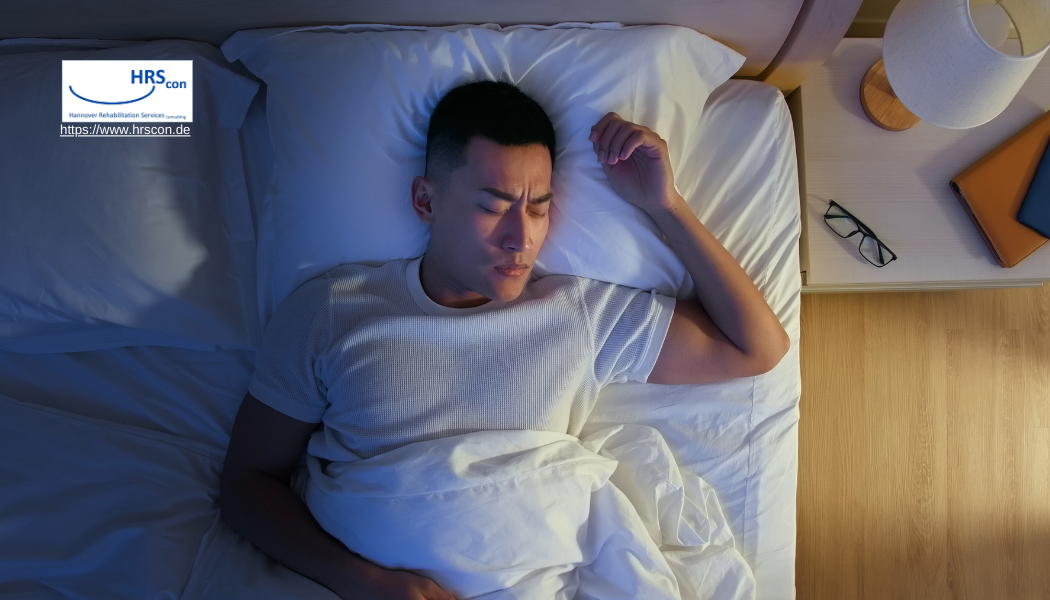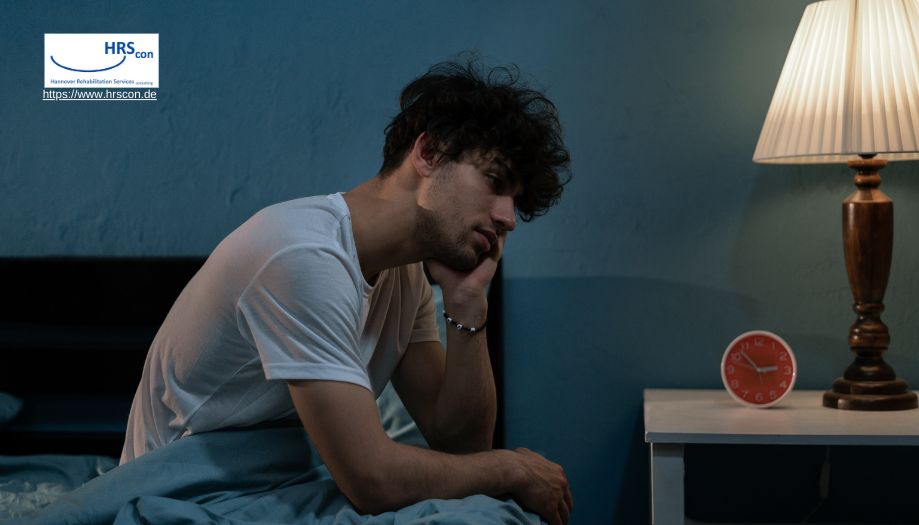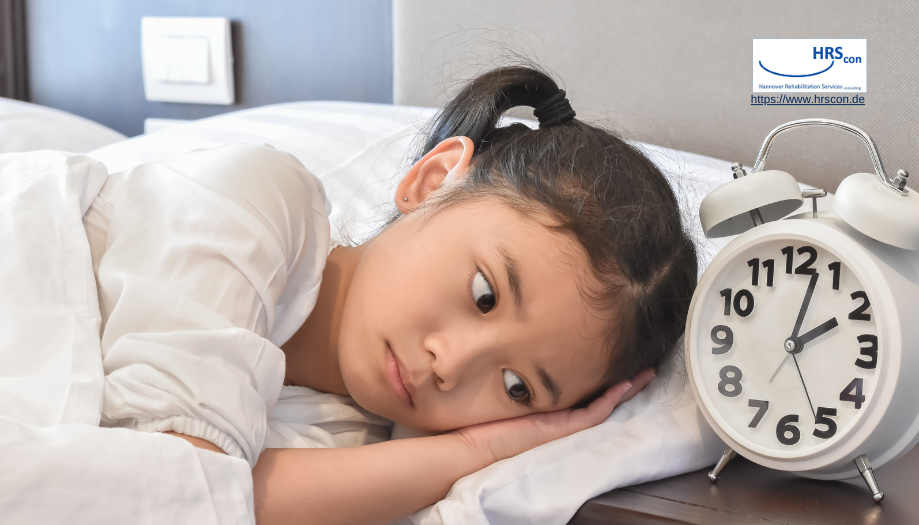Sleep is a cornerstone of health and well-being, yet millions of people struggle to get enough of it. From busy schedules to stressful routines, the barriers to quality sleep seem endless. But what if a few straightforward changes could transform the way you rest? Experts believe “sleep hygiene” might hold the answer.
A recent study reviewed over 500 research articles to explore the concept of sleep hygiene and its role in improving sleep quality. The findings revealed both the potential and challenges of this approach. Let’s explore the science of sleep hygiene and how it can help you enjoy deeper, more restorative sleep.
What Is Sleep Hygiene?
The term “sleep hygiene” refers to habits, behaviors, and environmental factors that contribute to good-quality sleep. This can include limiting caffeine, sticking to a regular bedtime, and creating a peaceful bedroom environment. Think of it as the sleep equivalent of brushing your teeth—it’s a preventive approach to ensure you stay healthy.
Interestingly, the concept of sleep hygiene has existed since at least the 19th century but gained popularity in the 1970s thanks to sleep researcher Peter Hauri. However, despite its widespread use, the review revealed a major issue: researchers and clinicians have not agreed on a single definition of sleep hygiene.
This inconsistency creates challenges in communicating effective strategies to the public. For example, some advice may emphasize behavioral changes, like avoiding caffeine, while other guidelines focus more on creating the ideal sleep environment. Without a clear framework, people may struggle to know where to start.
Why Sleep Hygiene Matters
Sleep isn’t just a luxury—it’s a biological necessity. Insufficient or poor-quality sleep affects nearly every system in the body, from the brain and heart to the immune system. It’s linked to conditions such as diabetes, depression, and even premature death.
Globally, poor sleep is a widespread problem. About 35% of adults in the U.S., Canada, and Australia report not getting enough rest. By focusing on sleep hygiene, individuals can take steps to improve their sleep patterns without the need for medication or other interventions.
Key Components of Sleep Hygiene
The review identified several consistent themes across the 548 studies, which were categorized into behavioral factors, environmental adjustments, and psychological techniques. Below are the most important components of sleep hygiene:
1. Caffeine and Alcohol
Caffeine is a well-known sleep disruptor. To optimize your sleep, avoid caffeine at least 6 hours before bedtime. Similarly, while alcohol may help you fall asleep initially, it often leads to disrupted sleep later in the night. Reducing or eliminating alcohol consumption before bed can significantly improve restfulness.
2. Consistent Sleep Schedule
Your body’s internal clock thrives on routine. Going to bed and waking up at the same time every day—even on weekends—helps regulate your circadian rhythm, making it easier to fall asleep and wake up naturally.
3. Light Exposure
Exposure to light plays a crucial role in sleep. Bright artificial light, especially from screens, can suppress melatonin, the hormone that promotes sleep. Dim your lights in the evening and avoid screens for at least 30 minutes before bed. During the day, get plenty of natural sunlight to keep your sleep-wake cycle balanced.
4. Exercise
Regular exercise promotes better sleep, but timing is key. Avoid vigorous workouts within 2-3 hours of bedtime, as they can increase alertness. Instead, aim for morning or early afternoon physical activity.
5. Relaxation and Stress Management
Stress and anxiety are common culprits behind poor sleep. A wind-down routine that includes relaxing activities—like reading, journaling, or practicing mindfulness—can help signal to your brain that it’s time to sleep.
6. Environment Matters
Creating the perfect sleep environment is essential. Keep your bedroom cool, quiet, and dark. Invest in a comfortable mattress and pillows, and consider white noise machines or blackout curtains if needed.
7. Limit Napping
Short naps (20–30 minutes) can be refreshing, but long or late-afternoon naps can interfere with nighttime sleep. If you must nap, do so earlier in the day.
A Quick Reference Guide
To make sleep hygiene easier to implement, here’s a handy summary of tips:
| Category | Tips for Better Sleep |
|---|---|
| Behavioral Factors | Avoid caffeine after 2 PM, limit alcohol before bed, and quit smoking. |
| Environmental Factors | Keep your room dark, quiet, and at a comfortable temperature. |
| Sleep Schedule | Go to bed and wake up at the same time daily—even on weekends. |
| Wind-Down Routine | Relax with reading, meditation, or other calming activities. |
| Stress Management | Use mindfulness, journaling, or deep breathing to ease your mind. |
The Importance of Personalization
While sleep hygiene advice can benefit most people, it’s important to recognize that one size doesn’t fit all. For instance, shift workers may need unique recommendations to counteract irregular schedules. Similarly, individuals with insomnia or other sleep disorders might require more specialized interventions, like cognitive behavioral therapy for insomnia (CBT-I).
Research also suggests that cultural factors may play a role. Practices that work in one country may not resonate with people in another. Tailoring advice to specific populations is a key area for future research.
How to Start Improving Your Sleep Today
The best way to enhance your sleep is to start small. Pick one or two habits from the list above and incorporate them into your routine. For example:
- Step 1: Set a consistent bedtime and wake-up time for the next week.
- Step 2: Create a relaxing pre-sleep routine, like dimming lights and reading a book.
- Step 3: Gradually limit caffeine intake earlier in the day.
Over time, these small changes can build into a powerful routine that transforms your sleep quality.
Addressing Common Myths
Many people believe that “catching up on sleep” during the weekend can compensate for weekday sleep deprivation. However, this approach disrupts your body’s rhythm and often leaves you feeling groggier. Instead, aim for consistent sleep throughout the week.
Another common misconception is that lying in bed for hours will eventually lead to sleep. Sleep experts recommend getting out of bed if you’ve been awake for more than 20 minutes. Engage in a calming activity until you feel drowsy, then return to bed.
Room for Improvement in Sleep Hygiene Advice
Despite its potential, the review revealed some gaps in the field of sleep hygiene. For example, there’s little consensus on details like how long before bed caffeine should be avoided or what the ideal bedroom temperature is. These inconsistencies highlight the need for clearer, evidence-based guidelines.
Additionally, while many studies focused on behavioral and environmental factors, some overlooked the psychological aspect of sleep. Managing stress and anxiety is just as important as controlling caffeine or light exposure.
Looking Ahead: The Future of Sleep Hygiene
As sleep science evolves, researchers aim to refine sleep hygiene recommendations to make them more effective and easier to follow. Future studies will likely explore:
- The impact of diet on sleep, such as foods that promote or hinder rest.
- Best practices for shift workers and other populations with unique sleep needs.
- The role of technology, including apps and devices, in promoting sleep hygiene.
One thing is clear: sleep hygiene is an essential tool for improving public health, and the benefits of better sleep go far beyond just feeling rested. With greater awareness and better research, sleep hygiene could become a universal strategy for enhancing quality of life.




